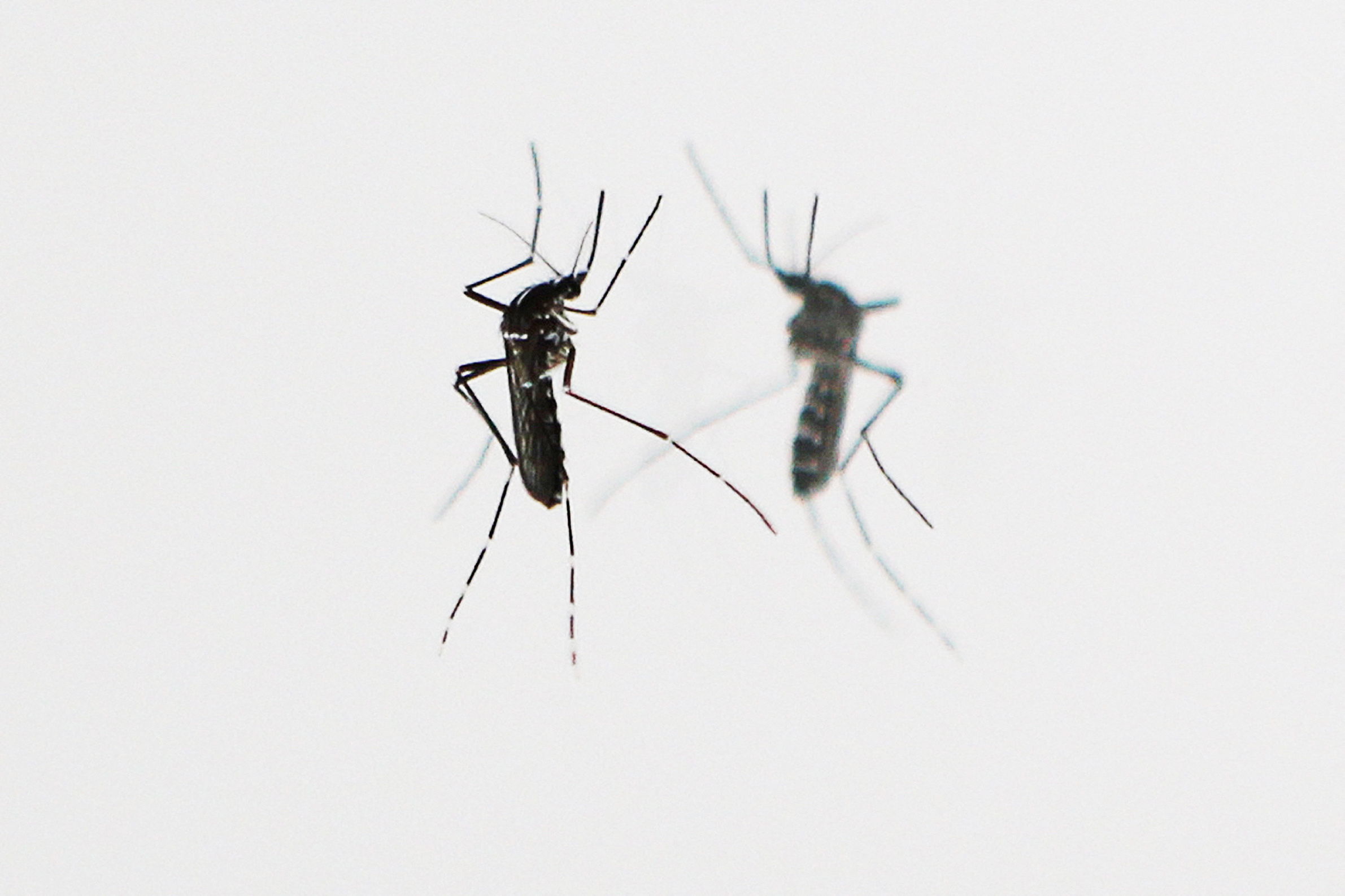Climate change behind spread of West Nile virus in Europe, researchers find

Climate change is behind the spread of West Nile virus in Europe. This has been suspected for some time but has now been formally confirmed for the first time.
Like malaria, West Nile virus is transmitted by mosquitoes. About a quarter of infected people develop symptoms such as fever and headache. Less than 1 per cent develop severe neurological complications.
"The emergence of tropical diseases in Europe is unfortunately one of the many logical consequences of our addiction to oil, coal and gas"
Until now, climate change was only considered as one of the possible causes for the spread of the disease, along with deforestation and increased population density. Researchers from the Vrije Universiteit Brussel and the Université libre de Bruxelles have now confirmed that climate change has played a major role.
"Our results suggest that climate change has played a major role in the advance of West Nile virus in southeastern Europe," said lead author Diana Erazo. The tropical disease originally appeared closer to the equator. Climate change is expanding the habitat of infected mosquitoes.
"We see a hotspot in the Balkans and the Mediterranean," said co-author Wim Thiery. "As long as climate change continues, the northward migration of the mosquitoes will extend to Scandinavia. This is the face of climate change. In addition to escalating climate extremes, the emergence of tropical diseases in Europe is unfortunately one of the many logical consequences of our addiction to oil, coal and gas."
An Asian tiger mosquito in Nice, south-east France © AFP PHOTO / VALERY HACHE